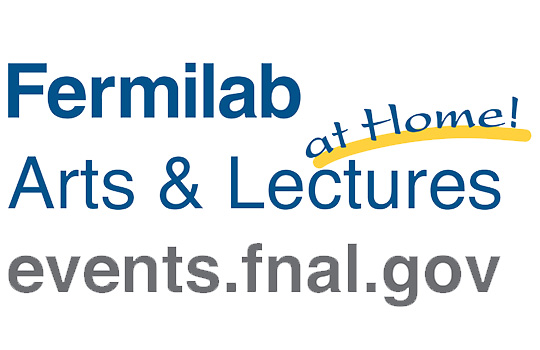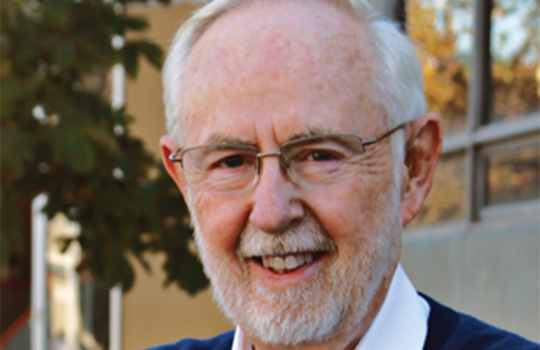Lecture on post-Higgs physics caps off International Linear Collider event at the laboratory
There are few pleasures greater than listening to someone who can communicate big ideas in an understandable and exciting way.
Sean Carroll is one of those people. A theoretical physicist at the California Institute of Technology, Carroll is fascinated by the big questions about the origins and makeup of the universe, particularly after last year’s discovery of the Higgs boson. On Wednesday, June 12 , at 8 p.m., he’ll talk about those big questions at the U.S. Department of Energy’s Fermi National Accelerator Laboratory.
Tickets for Carroll’s talk are $7 and can be purchased at www.fnal.gov/culture or by calling 630-840-ARTS (2787). All lectures are general admission, and take place in Fermilab’s Ramsey Auditorium. Doors open at 7:30 p.m.
Carroll’s talk, presented as part of the Fermilab Arts and Lecture Series, is titled “Particles, Fields and the Future of Physics.” He will discuss the next steps in particle physics now that the Higgs has been found. What new particles might await discovery? What are the secrets of dark matter and dark energy, which make up most of our universe? What directions will physics take over the next 10 years to solve these mysteries?
Carroll is the author of three books, including the most recent, “The Particle at the End of the Universe,” published in November 2012. The book details the search for the Higgs boson. His most famous book is 2010’s “From Eternity to Here,” which discusses the theories of time (and, yes, time travel). Carroll has appeared on “The Colbert Report,” “Through the Wormhole with Morgan Freeman” and other programs to promote his work.
“We’re thrilled to have a theorist like Sean Carroll come to Fermilab,” said Janet MacKay-Galbraith, program manager for the Fermilab Arts and Lecture Series. “Making complex science relatable and exciting for people is what he – and we – are all about.”
Carroll’s talk will cap off a worldwide event celebrating the completion of the design phase of the International Linear Collider, a massive device that could be built overseas, and would complement the Large Hadron Collider at CERN. A team of scientists, engineers and technicians from more than 300 laboratories and institutions around the world has been working for more than 10 years on the design of the collider .
On June 12, the ILC Global Design Effort will officially submit its technical design report to the International Committee for Future Accelerators. The design of the ILC calls for two linear accelerators to be built facing one another. The entire structure would be more than 19 miles long and would collide particles at roughly 500 billion electronvolts.
The collider will help scientists unlock further mysteries about the origins and properties of matter.
The Global Design Effort will celebrate the completed design report on June 12 with an event in three countries: Japan, Switzerland and the United States. Fermilab will host the U.S. portion of the program.
“It is a major challenge to develop an electron-positron collider that will complement the LHC, but we’re very pleased to have the design phase completed,” said Barry Barish, director of the Global Design Effort. “This worldwide celebration marks the end of one chapter and the start of the next.”
It is not yet certain when or where the ILC would be built, but there is consensus among the scientific community that the results from the LHC should be complemented by a collider that can create different kinds of collisions. The funding and construction of the ILC would require global cooperation and organization.
For more information, visit www.linearcollider.org. For more on Sean Carroll, visit his website at www.preposterousuniverse.com .
Fermilab is America’s premier national laboratory for particle physics research. A U.S. Department of Energy Office of Science laboratory, Fermilab is located near Chicago, Illinois, and operated under contract by the Fermi Research Alliance, LLC. Visit Fermilab’s website at www.fnal.gov and follow us on Twitter at @FermilabToday.
The DOE Office of Science is the single largest supporter of basic research in the physical sciences in the United States and is working to address some of the most pressing challenges of our time. For more information, please visit science.energy.gov.



